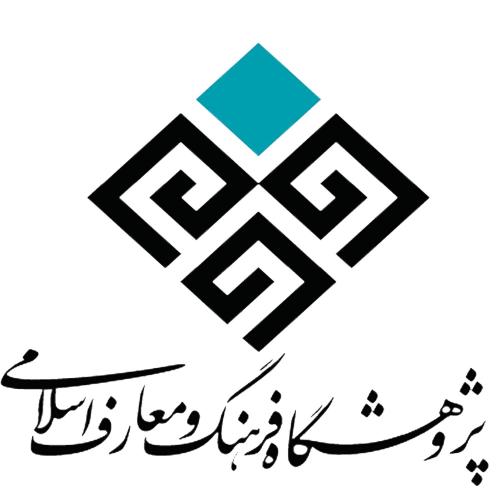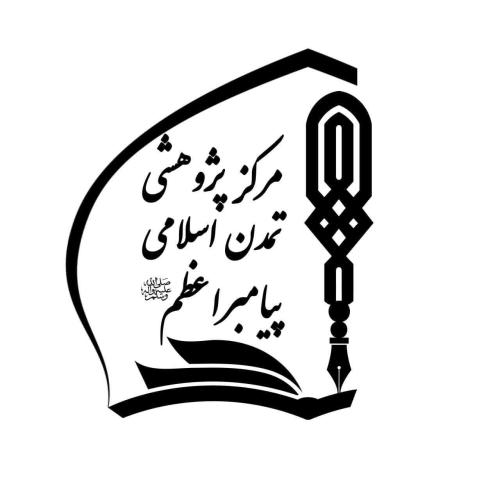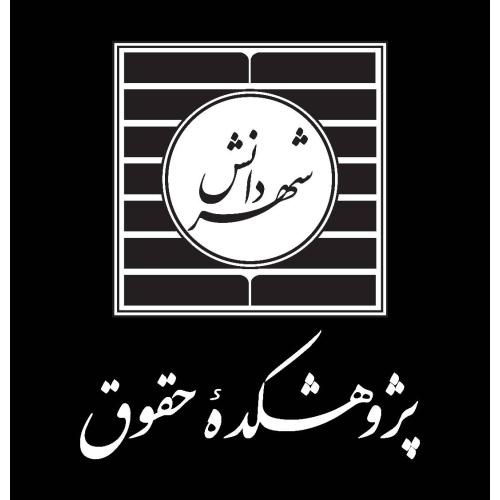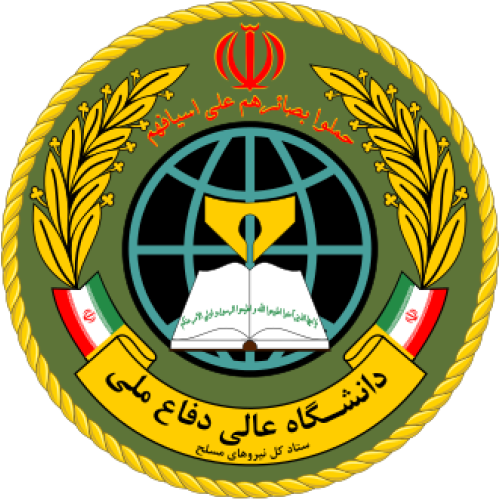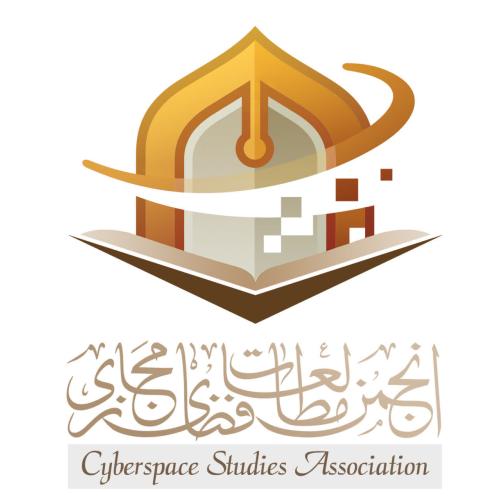-
1. مفهوم، مبانی و چارچوبهای حقوق ملت و آزادیهای مشروع در نظام جمهوری اسلامی ایران و مقایسه آن با سایر نظامهای حقوقی
-
2. سازکارها و الزامات تأمین و تضمین حقوق ملت و آزادیهای مشروع
-
3. دستاوردهای نظام جمهوری اسلامی ایران در زمینه حقوق ملت و آزادیهای مشروع
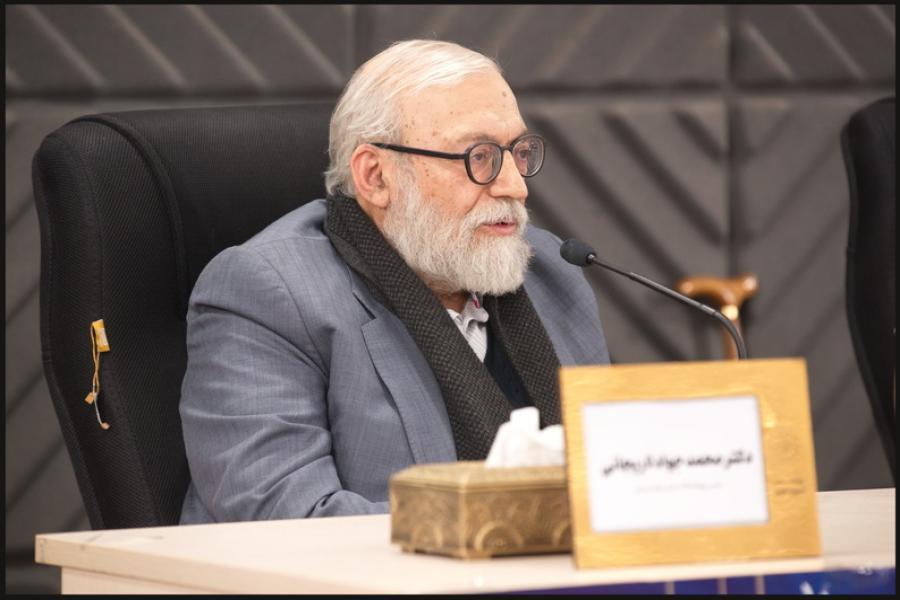
Tehran – The head of the Institute for Research in Fundamental Sciences described the Islamic Republic of Iran as an “ongoing phenomenon that is growing and evolving” day by day.
Dr. Mohammad Javad Larijani made the remarks last week addressing the first pre-session of the International Conference on People’s Rights and Legitimate Freedoms in the Thoughts of Ayatollah Khamenei.
“The Islamic Republic is not yet a finished project, but rather an ongoing phenomenon that is growing and evolving. Following the Islamic Revolution in 1979, the Iranian nation decided to establish a civil and political order based on Islamic rationality and the school of the Ahl-ol-Bayt (peace be upon them) within the framework of representative democracy. This experience has taken shape in real social and political contexts, and these conditions have influenced its evolution. Some believed from the beginning of the revolution that Islam is an outdated religion and does not have the ability to create a modern social order. Others believed that religion is only applicable in the private sphere and should not be the basis of civil life. A third group believed that Islam was capable, but found its realization in the political arena difficult.”
Larijani, referring to late Imam Khomeini's response to the three views above, added, “Imam rejected the obsolescence of Islam and gave the example that democracy has been around since Plato and before Islam and is now being implemented. Therefore, being old is not a reason for being obsolete, and the school of Islam is dynamic and active. Regarding the second group, Habermas says that we took Christianity towards privatization, using the church, to privatize religion. Regarding the third group, Imam broke the hegemony and made its realization possible.”
He said that Western civilization cannot stop it and we should not be afraid. He also pointed to the role of the government in this intellectual framework and said, “After determining the limits of individual freedom, the government is formed as an institution to protect these freedoms. Here, the concept of national security is raised as the main axis of the government. For this reason, in times of crisis, such as terrorist attacks, the laws related to individual rights change, as after the 9/11 attacks, new restrictions were imposed on the laws of the United States and England. Western civilization, due to its security-orientedness, has a complex relationship with violence. This is evident not only in its domestic policy but also in its international behavior. An example of this is the justification of the crimes of the Zionist regime in the Gaza war under the pretext of defending security.”
Larijani said, “From Farabi's point of view, when a right finds its basis in existence, it is the Necessary Being, and other beings cannot provide an existential basis for it. But when a right is based on speech or action, the concepts of truth and justice are raised. From Sheikh Ansari's point of view, justice is a branch of oppression, meaning that justice is defined in contrast to oppression. The concept of oppression has various categories, including oppression of oneself, family, others, religion, and God; the concept of justice is raised in contrast to each of these cases.”
He also pointed to the difference between the Islamic and Western views on freedom and said, “In Western culture, individuals have absolute freedom in many cases [which is considered reprehensible], while in the Islamic view, freedom is defined within the framework of justice and non-oppression.”

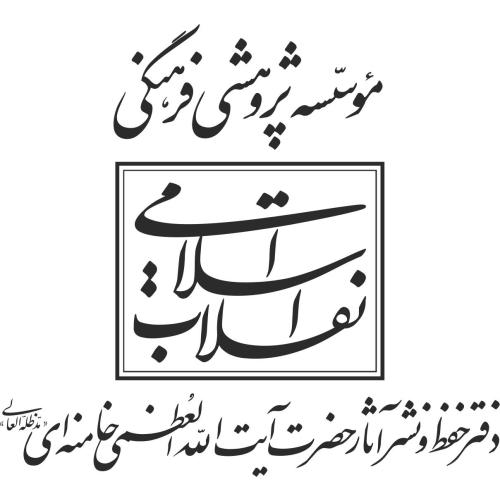
.png)
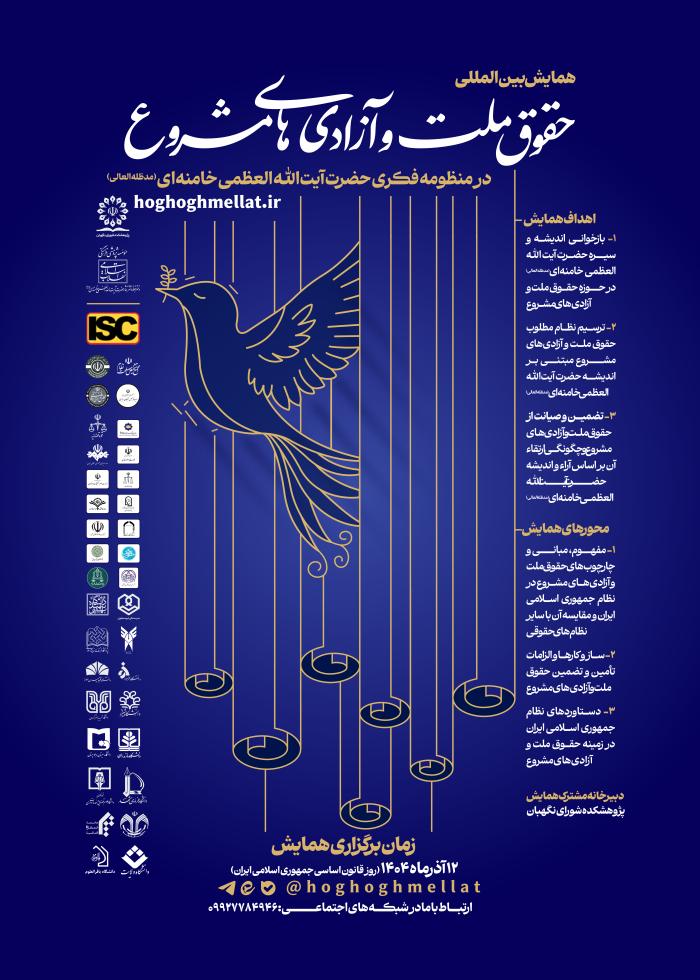
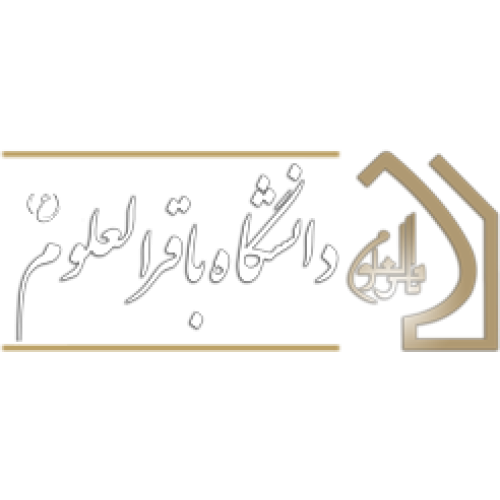
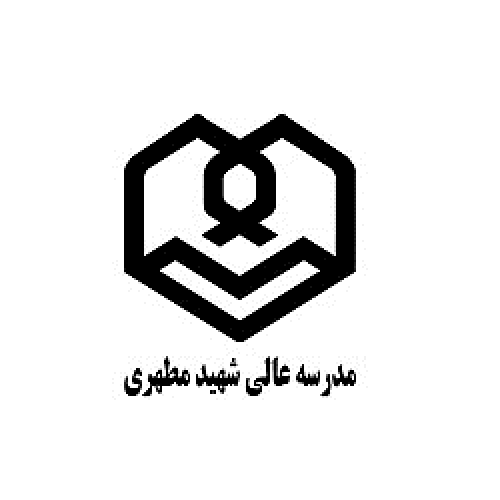
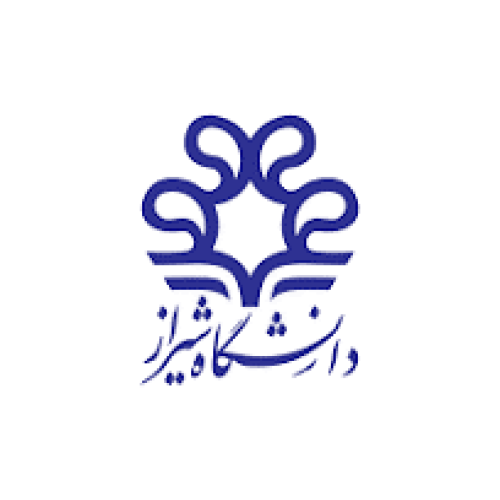
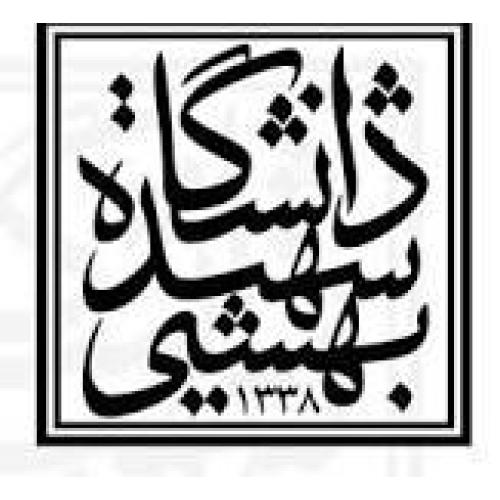
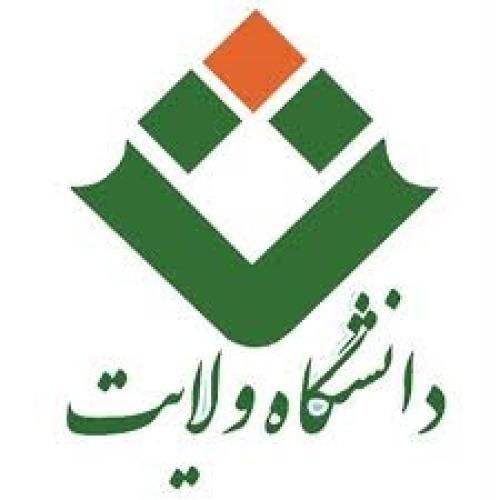
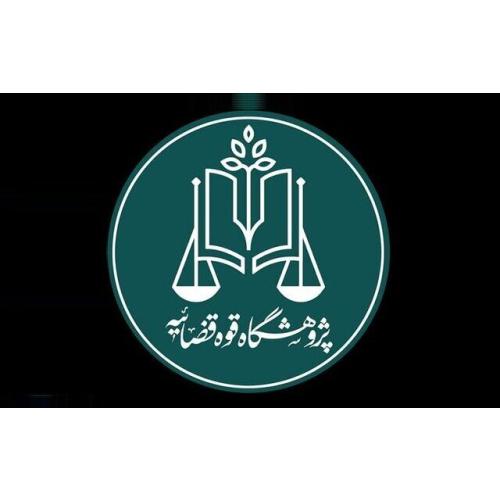
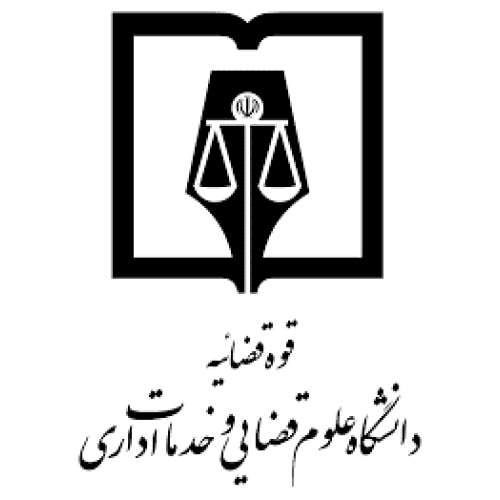
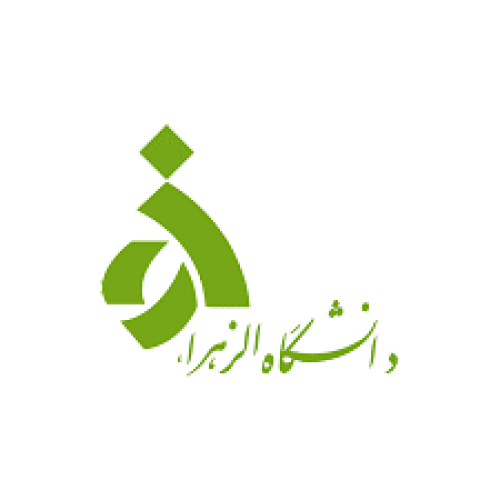
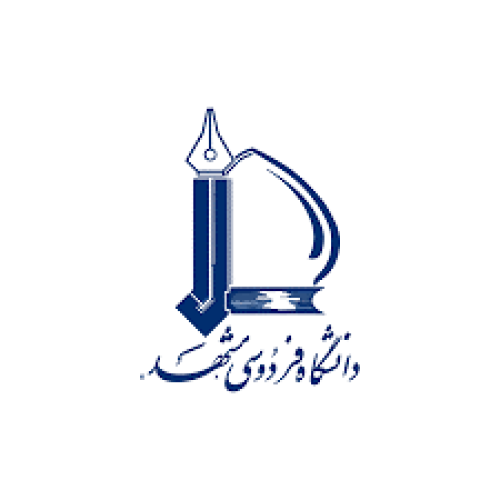
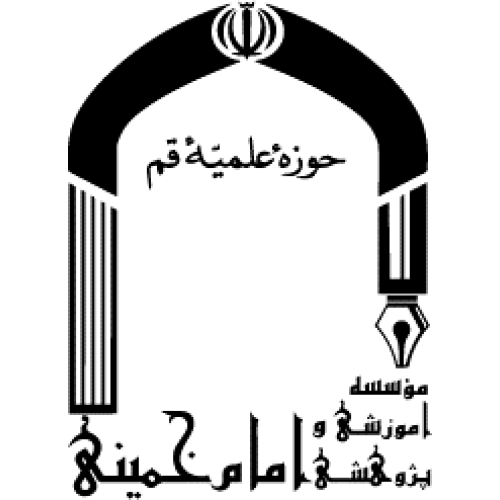
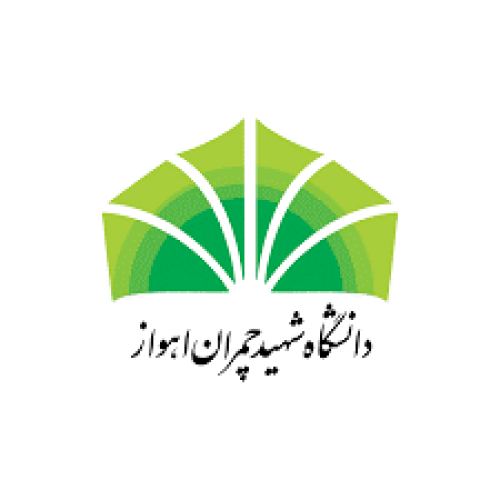
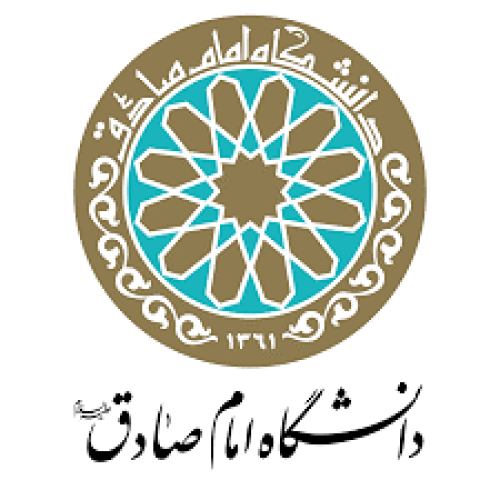
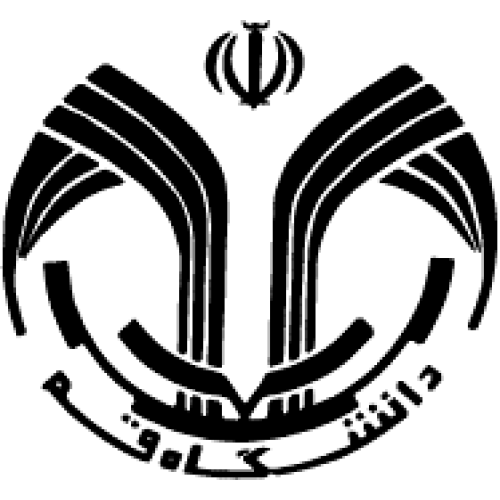
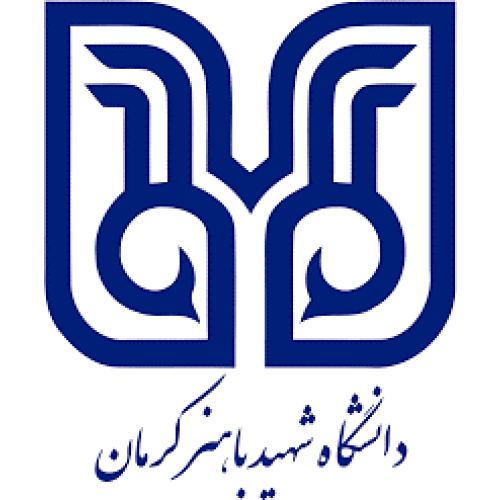
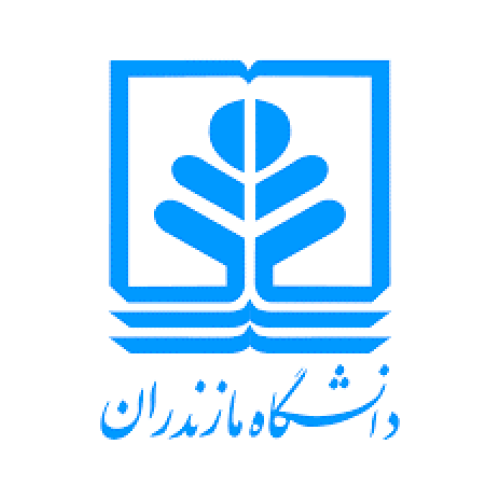
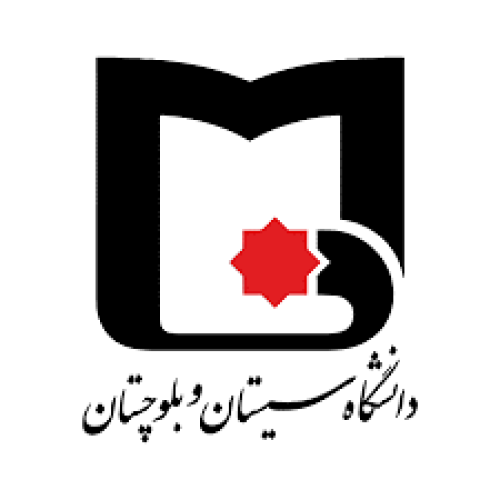

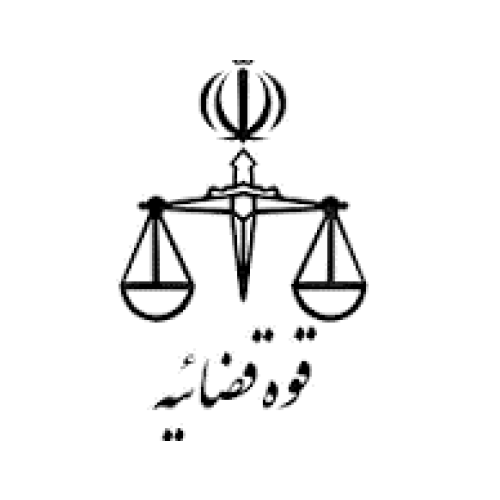
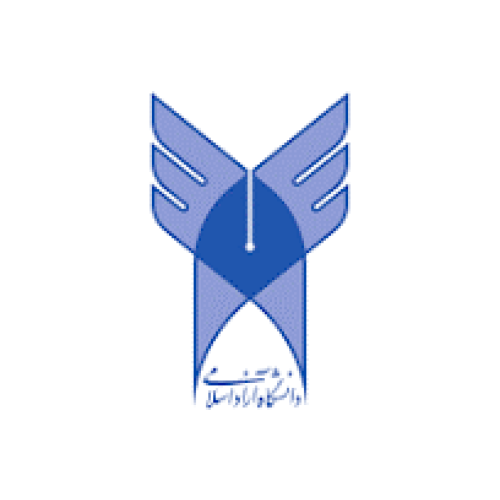
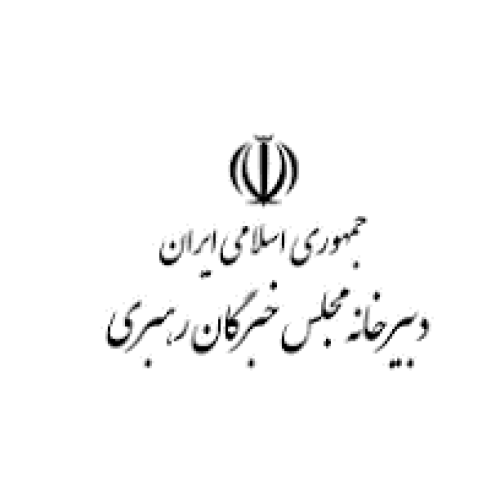
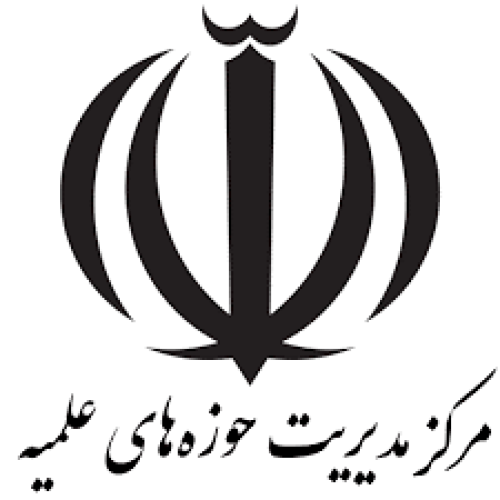
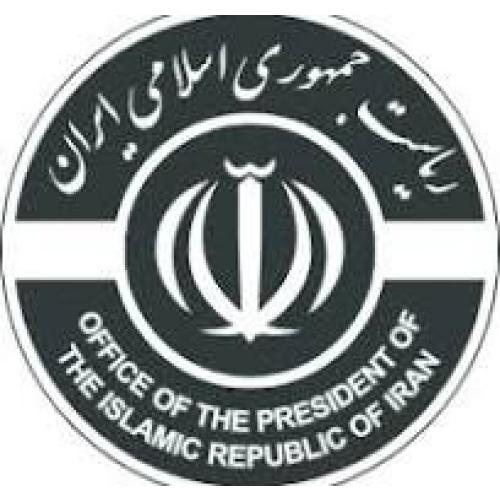
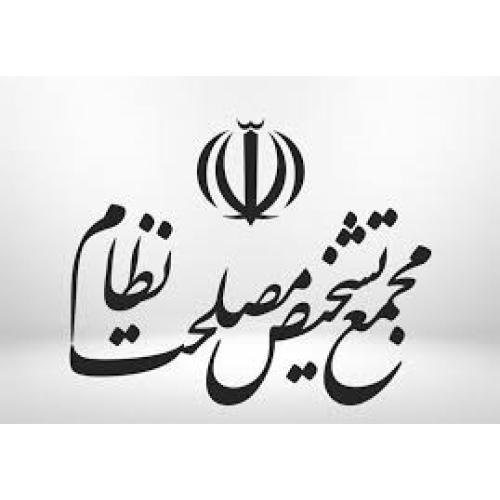
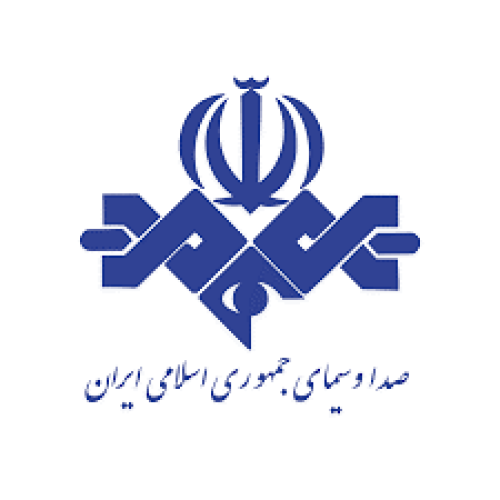
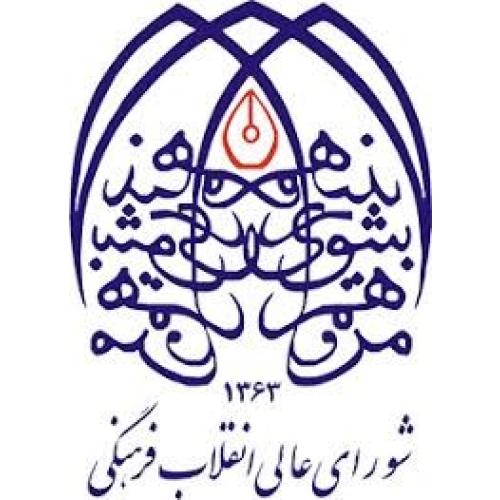
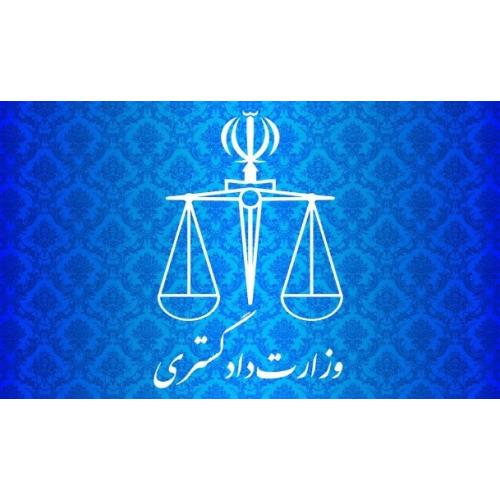
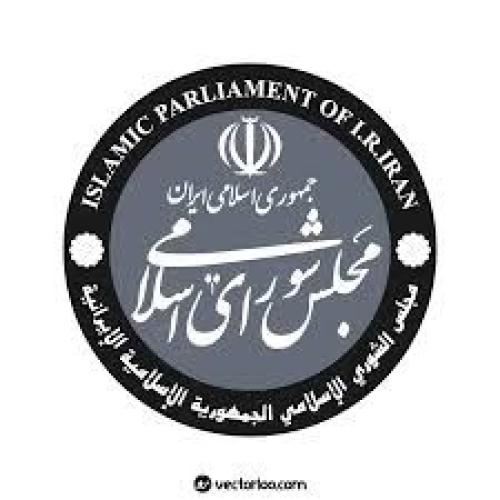
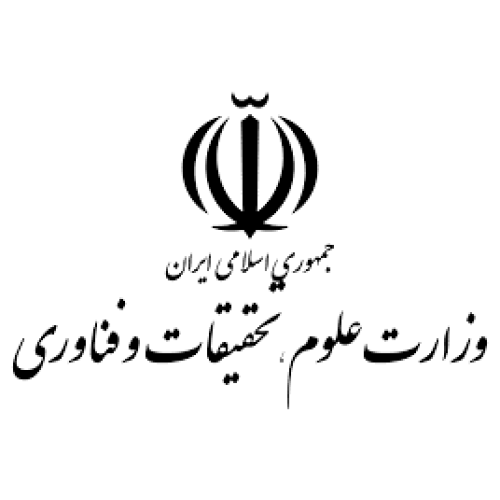
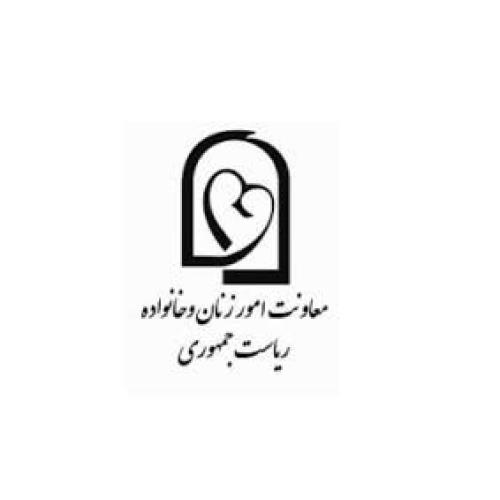
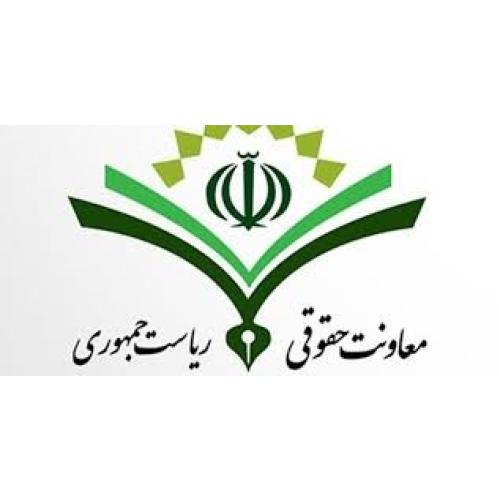
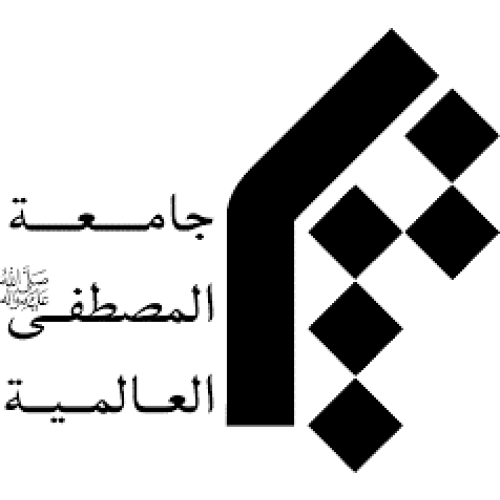
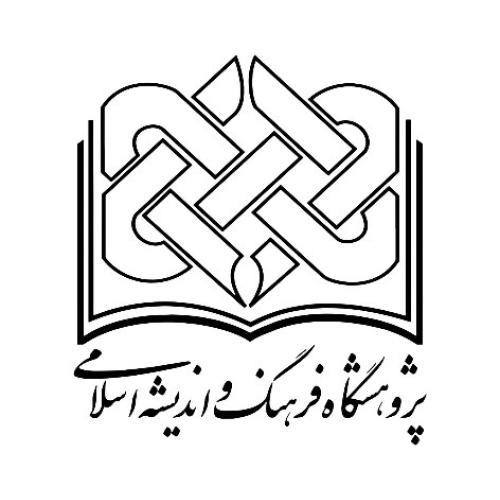
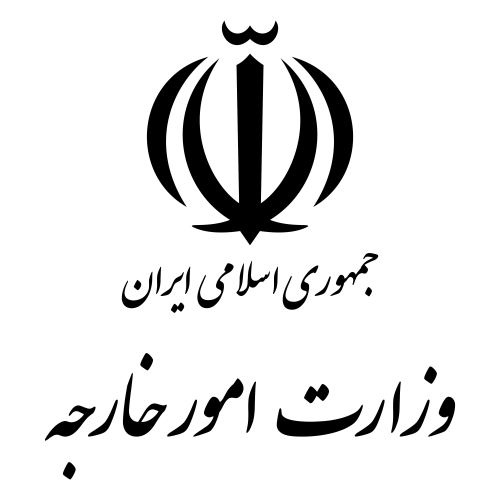
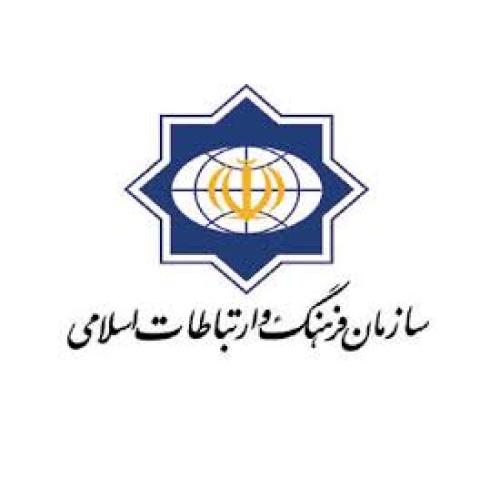
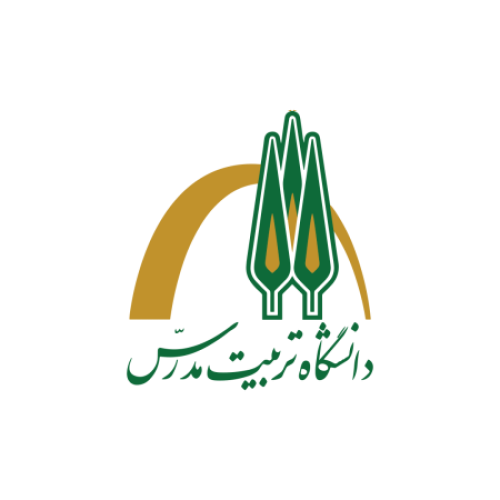
.png)
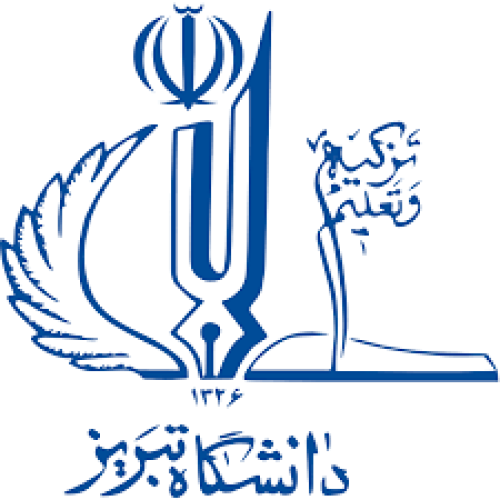
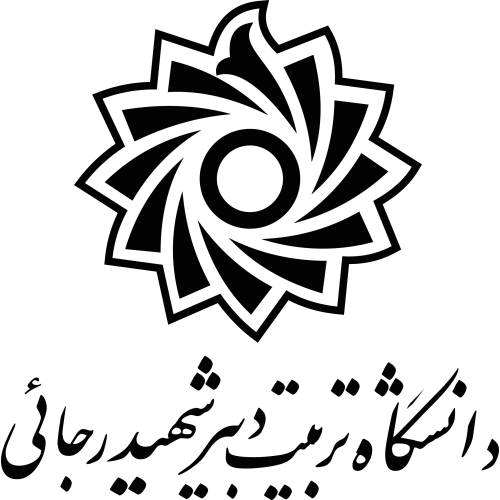
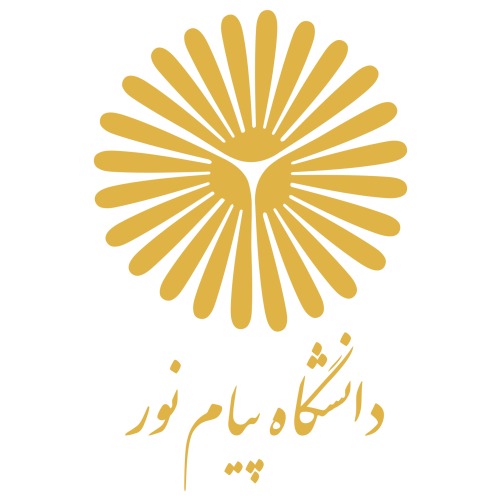
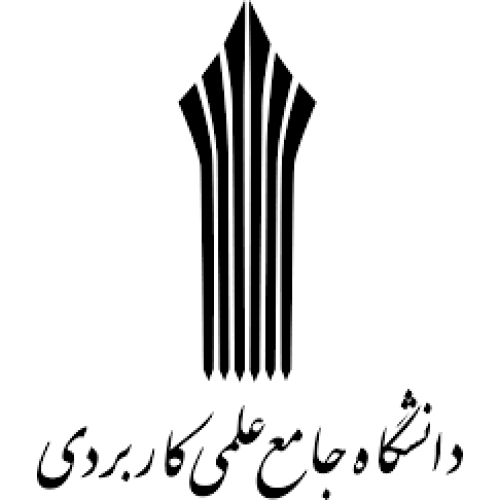
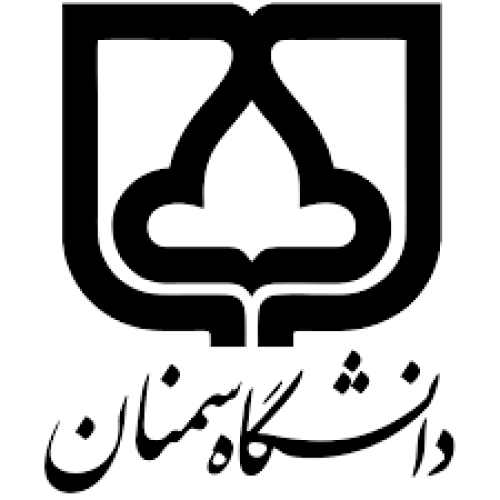
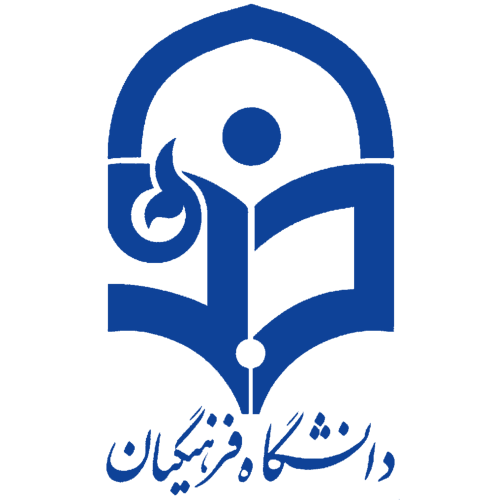
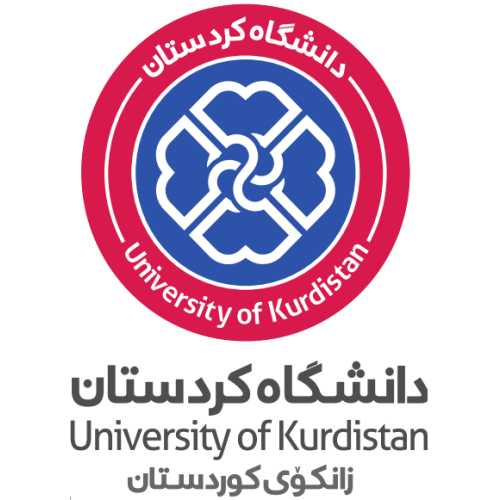
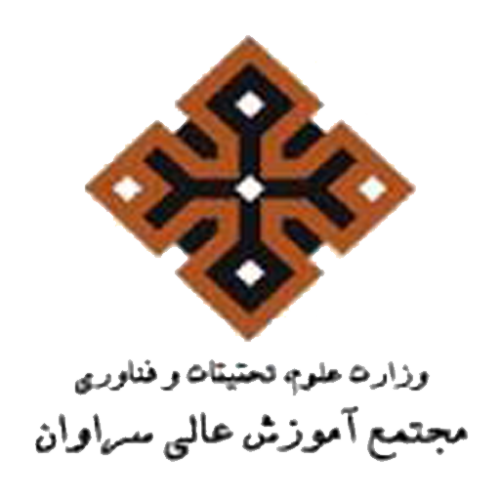
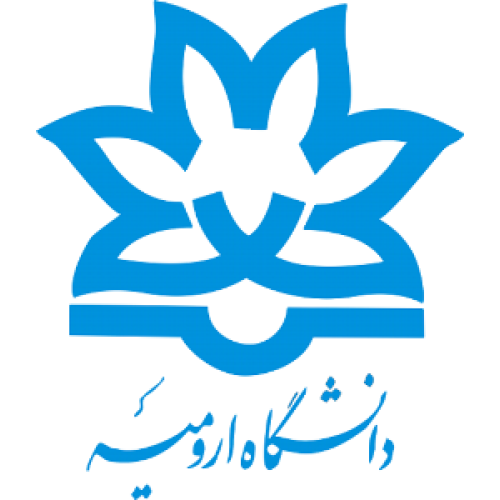
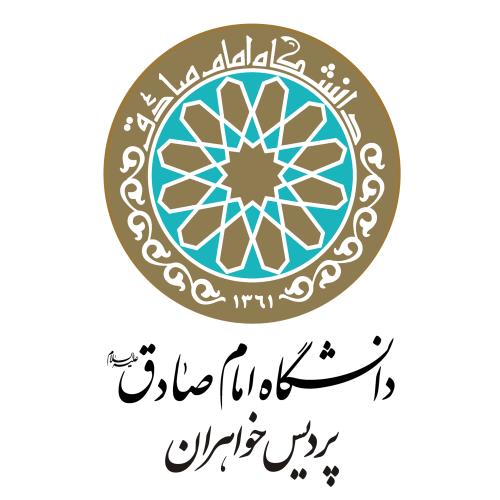
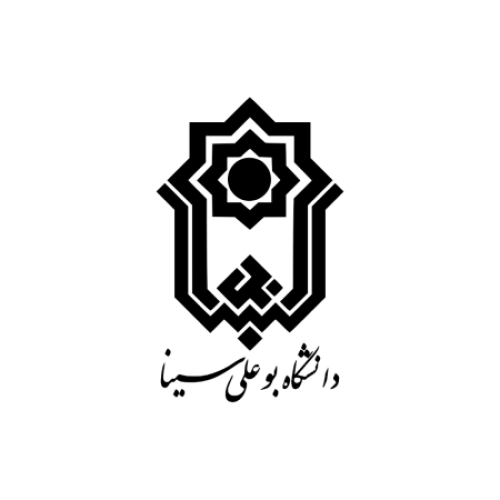
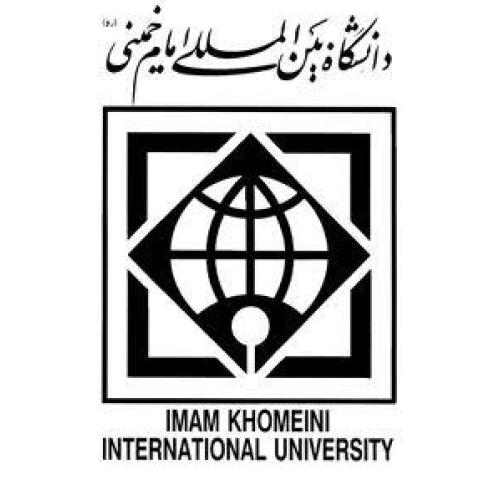
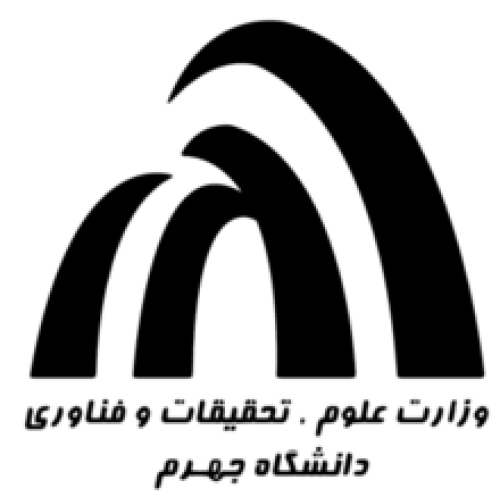
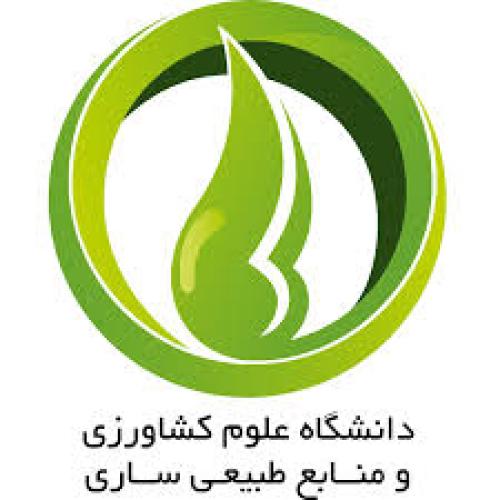
.png)
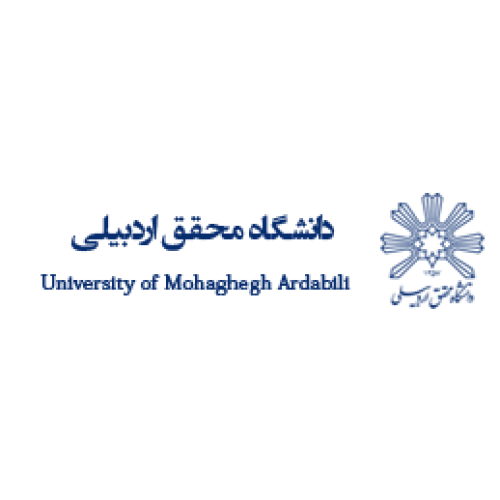
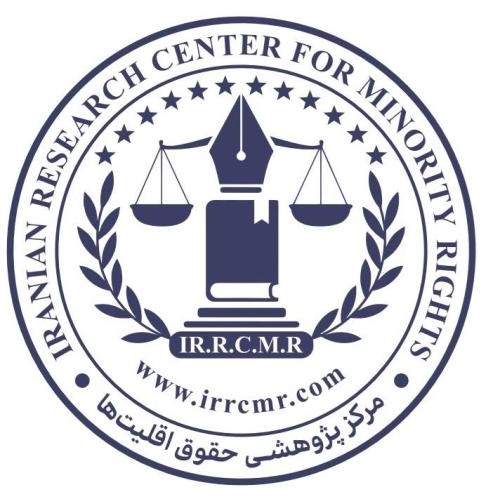
.jpg)
